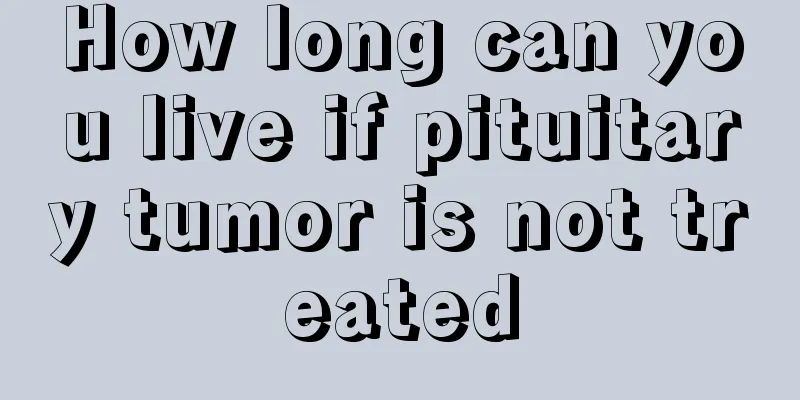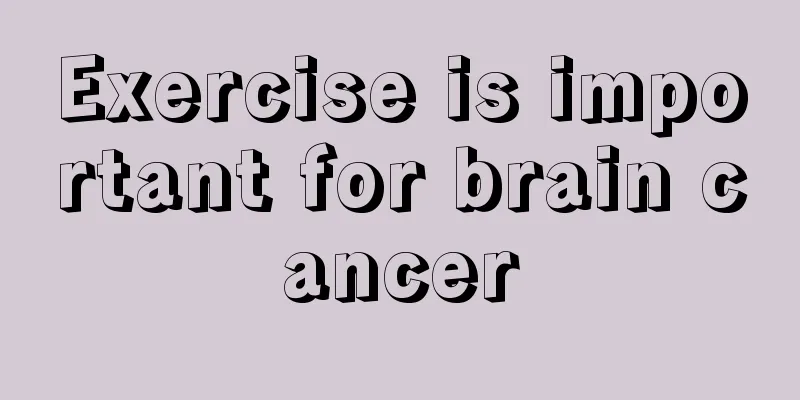Is a heart rate of 116 normal?

|
Heart is the most basic issue of human health. Generally speaking, if a person's heart is relatively healthy, many diseases will be avoided. However, as people age, if they do not pay attention to maintenance in their daily lives, it is easy to cause heart health problems, and in severe cases, they may even lose their lives. If a person has a fast heartbeat, he or she needs to be treated properly. Is a heartbeat of 116 normal? Is a heart rate of 116 normal? The normal heart rate of an adult is 60 to 100 beats/minute, the heart rate of an athlete can be 50 to 100 beats/minute, the heart rate of a newborn is 120 to 140 beats/minute, the heart rate of a child under 1 year old is 110 to 130 beats/minute, the heart rate of a child aged 2 to 3 years old is 100 to 120 beats/minute, and the heart rate of a child aged 4 to 7 years old is 80 to 100 beats/minute. The heart rate of children over 8 years old is close to that of adults. Therefore, for people over 8 years old, a heart rate of 116 beats/minute is considered a rapid heart rate, which is a rapid arrhythmia. What causes a rapid heartbeat? 1. Rapid sinus heartbeat (1) Physiological: This type of rapid heartbeat is very common. Many factors can affect the heart rate, such as changes in body position, physical activity, food digestion, emotional anxiety, pregnancy, excitement, fear, excitement, drinking, smoking, drinking tea, etc., which can increase the heart rate. Age is also a factor; children tend to have faster heart rates. (2) Drug-induced: Some drugs can cause a person's heart rate to accelerate, such as sympathomimetic drugs such as ephedrine and adrenaline. Parasympathetic blocking drugs such as atropine, caffeine, thyroxine, amphetamine, etc. can cause tachycardia. (3) Pathological: Some systemic diseases can also cause a faster heartbeat: high fever, anemia, hypoxia, infection, hyperthyroidism, pain, acute rheumatic fever, beriberi and neurosis can cause tachycardia. (4) Cardiovascular disease: Acute blood loss, hypotension and shock, arteriovenous fistula, heart failure, myocarditis, cardiomyopathy, pericarditis, acute myocardial infarction and various organic heart diseases can all lead to sinus tachycardia. 2. Paroxysmal rapid heartbeat (1) Paroxysmal supraventricular tachycardia. Generally speaking, this phenomenon is common in people without heart disease, but can also be seen in people with rheumatic heart disease, hyperthyroidism, coronary heart disease, hypertensive heart disease, preexcitation syndrome, etc. The heart rate is below 200 beats/minute and the attack duration is short. (2) Paroxysmal ventricular tachycardia. This condition is also caused by some diseases. Most ventricular tachycardia is caused by severe and extensive cardiomyopathy, severe hypertension, rheumatic heart disease, coronary heart disease and myocardial infarction. The heart rate during an attack is mostly 150-250 beats/minute, and there is often shock and precordial pain. Although under normal circumstances, exercise can cause a person's heart rate to speed up, if this happens even when the person is quiet, then we need to pay attention, understand the cause and choose a suitable method to improve it. We should also pay special attention to daily health care in our lives. |
<<: How long does it take to heal a broken tendon
>>: Is a heart rate of 91 normal?
Recommend
Does sunbathing replenish yang energy?
A cold back can cause back pain, muscle cramps, d...
What to do if you have pain in late stage liver cancer
There are many ways to relieve pain for cancer pa...
Cut hair too short to grow hair quickly
When we go to the barber shop to get a haircut, w...
What are the symptoms of moderate anxiety disorder
Anxiety disorder is a relatively common mental il...
The back of the last big tooth is swollen and painful
Swelling and pain behind the last molar may be ca...
Does wall paint contain formaldehyde
Nowadays, many people actually pursue the effect ...
Can washing your face with salt water effectively remove acne?
Washing your face with salt water is certainly a ...
What is the use of coal tar
The composition of coal tar is actually quite com...
Can liver cancer be cured in its early stages?
Can liver cancer be cured in its early stages? 1....
What are the external treatments for skin cancer
Modern medicine has an incomplete understanding o...
How to determine the symptoms of lung cancer? 4 symptoms of lung cancer can be seen
At present, lung cancer is becoming a common dise...
Can I drink honey water when I have a cough?
Coughing is something that happens to everyone, e...
How long does it take to stop bleeding after tooth extraction
The process of tooth extraction is very painful, ...
Introduction to the purpose and usage of liquefied gas pressure reducing valve
The liquefied gas pressure reducing valve is a va...
Does uterine cancer affect pregnancy in women?
Does female uterine cancer affect pregnancy? Givi...









